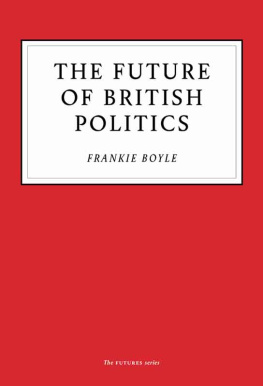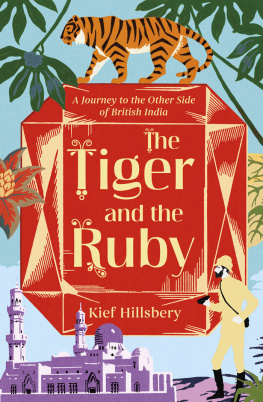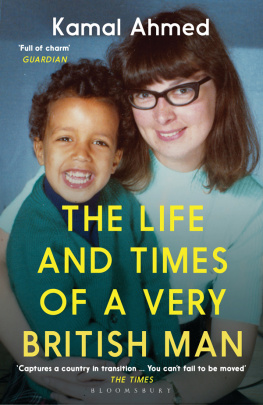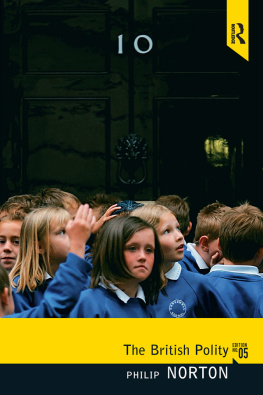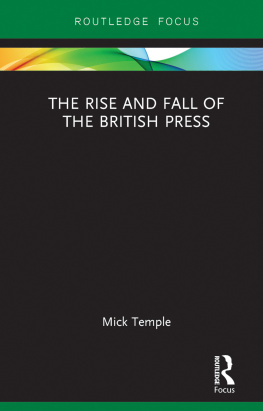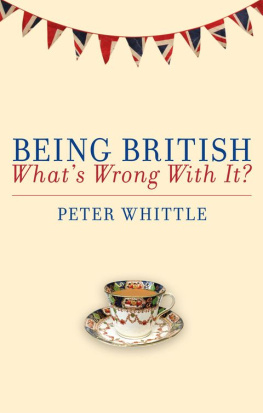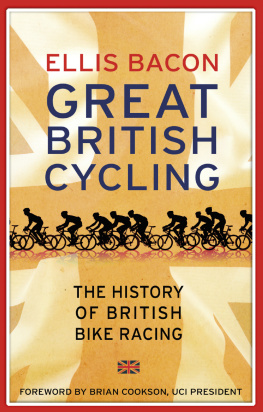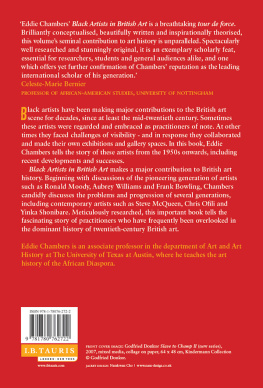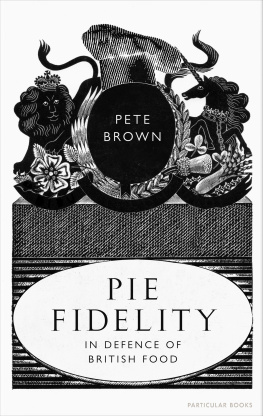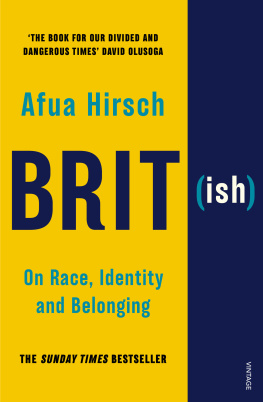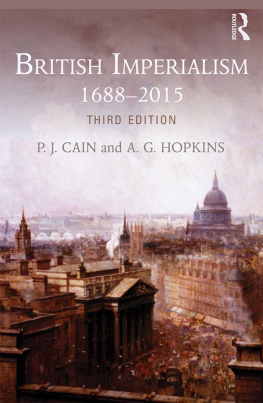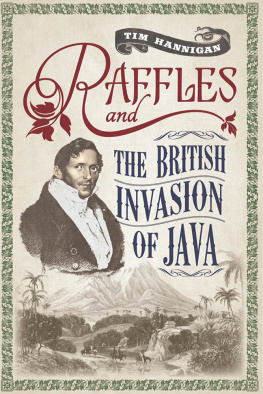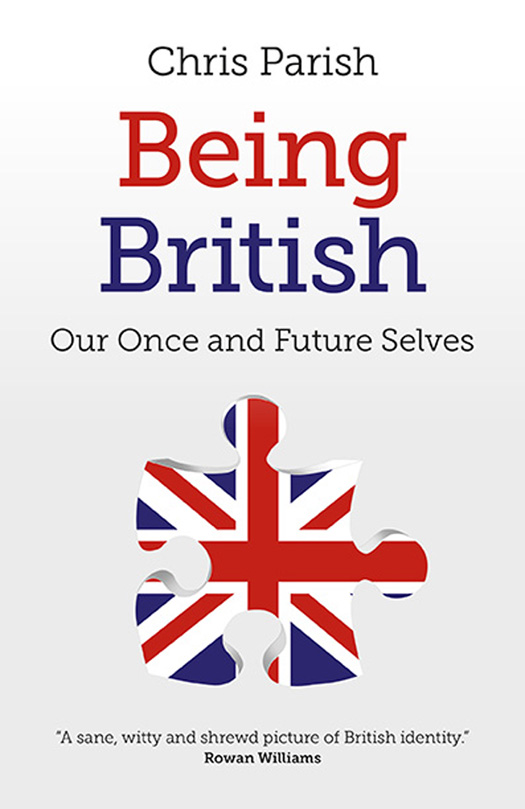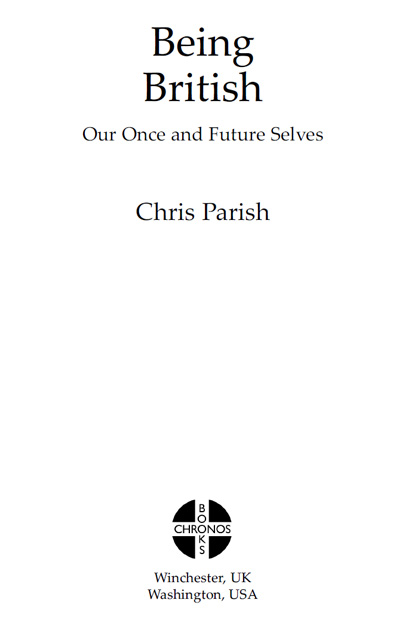WHAT PEOPLE ARE SAYING ABOUT
BEING BRITISH
This is a sane, witty and shrewd picture of British identityneither cynical nor paranoid, which is quite an achievement. Chris Parish sketches very skilfully the history and habits that make up this many-layered identity and gives us some essential tools for working out what we can properly celebrate, what we should properly regret and what we might reasonably hope forwhat a mature sense of national self-esteem might look like.
Dr Rowan Williams, Former Archbishop of Canterbury, theologian, Master of Magdalene College Cambridge
Enjoyed its breadth and ambitionand optimism
David Goodhart, Founder of Prospect magazine, former Director of Demos think tank, author of The British Dream
Chris Parish has written a comprehensive, provocative and deeply thoughtful exploration of what it means to be British today. He skilfully integrates a wide range of perspectives and approaches to provide a much needed and refreshing synthesis of the positive potential of British identity, understanding and belonging. He is fearless in his honesty and in addressing all the arenas which he believes are vital to a rearticulation of the British Journey and a powerfully constructive and important role for Britain into the future. As a British citizen I felt inspired, challenged and expanded by the book, but most of all, a powerful pride, delight and enhanced positivity about being British. A must read for anyone interested in the nature of Britishness and a much needed contribution to this field.
Dr Lynne Sedgmore CBE, Previously Chief Executive of three organisations in the UK Further Education sector, currently organisational consultant.
Thought provoking, humbling, inspiringa veritable tour de force. Concerned that our postcolonial guilt has left no metanarrative or clear sense of who we are, Parish steps lightly, yet studiously, through our shared story. He encourages us to be in touch with the creative thread of this country, to know the past, warts and all, so that we might rediscover our connection, continuity and rootedness and remain a major player in the postmodern world. I am left with strengthened pride in being British.
Prof Julia Hausermann MBE, Founder and President, Rights and Humanity
Chris Parish provides a welcome reasoned statement for moderation and integration in approaching major issues and Britains place in the world. Parish calls for taking a long-term approach to these issues, one that incorporates a more positive view of Britains past while integrating that history into British identity and Britains approach to current problems.
Dr George L Bernstein, Professor of History, Tulane University. Author of The Myth of Decline: The Rise of Britain since 1945
First published by Chronos Books, 2016
Chronos Books is an imprint of John Hunt Publishing Ltd., Laurel House, Station Approach, Alresford, Hants, SO24 9JH, UK
www.johnhuntpublishing.com
For distributor details and how to order please visit the Ordering section on our website.
Text copyright: Chris Parish 2015
ISBN: 978 1 78535 328 4
Library of Congress Control Number: 2015956007
All rights reserved. Except for brief quotations in critical articles or reviews, no part of this book may be reproduced in any manner without prior written permission from the publishers.
The rights of Chris Parish as author have been asserted in accordance with the Copyright, Designs and Patents Act 1988.
A CIP catalogue record for this book is available from the British Library.
Design: Stuart Davies
Printed and bound by CPI Group (UK) Ltd, Croydon, CR0 4YY, UK
We operate a distinctive and ethical publishing philosophy in all areas of our business, from our global network of authors to production and worldwide distribution.
Introduction
Why another book about the British, you may well ask? Theres already, after all, quite a few of them out on the market. Is this some nostalgic journey back to an imagined rosy past, or its opposite twin, one more postmodern deconstruction of our history? And, in addition, there seems to be a rich seam to be mined in the genre of witty examinations of the peculiarities and eccentricities of this island race, such as Jeremy Paxmans The English. Well, this book is genuinely none of the above, which I hope by the end of this introduction, will be clear. I feel there is a genuine need to present a revised view of the British which is more inclusive and fluid in its approach and one that reconnects us to our national story: a story through time which is living and which could also help shape our future. A way to rediscover a lost sense of belonging and of feeling at home, which perhaps paradoxically, is at once both less traditional and more traditional.
Before going any further though, Id like to address one obvious question. Im saying us British. Why arent I saying us English, you might ask? Its as confusing and contentious to natives as it is to everyone else, with the UK, Great Britain, the British Isles, Britain and England, all in common use. The 2013 Social Attitudes Survey of the UK found that only 43 per cent of people in England see their primary identity as being British, and that percentage goes down further in the other constituent countries of the UK. People in the UK are now more likely to see themselves as Scottish, Welsh, or English or Northern Irish. We also cant even think of identifying Britain as only a single island off the coast of continental Europe since it, obviously enough, includes many islands and part of the island of Ireland too. British Isles is an attempt to include all of them; amazingly, some 6000, mostly tiny islets in total, though the people of Eire understandably wouldnt want to be lumped in like this. Interestingly, the only section of the population in this country where a majority pick British as their preferred identity, are those who are more recent immigrants.
I was at a fundraising dinner in London for a charity involved in Third World Aid and the keynote speech was by the then Labour MP for Glasgow Central, Anas Sarwar. This was before the SNP rout of Labour in 2015. The young speaker was impressively bright and inspiring to listen to. He said that his background was Pakistani and stated that he was 100 per cent British and Scottish too. Speaking in a broad Scottish accent, he talked of serving this great country of ours. Somehow it would have been very unusual to hear a similar spirit being expressed by a Briton not from an immigrant background.
Billy Bragg, the well-known singer/songwriter, is a great advocate for the English identity and has spoken strongly of the need to retire the term British as long past its sell-by date. Yet there were ancient Britons (i.e. the British) long before the Anglo-Saxon invasions which followed the departure of the Romans in the fifth century AD, and the source, of course, of the name English. So a good case could also be made that British is not just an embarrassing colonial concoction to be abandoned. Yet, even so, it has to be said, its a complex picture, especially since historians now dispute how much the Anglo-Saxon immigrants actually did displace the original inhabitants in order to lay down the foundations of Englishness. It seems we are a real mix, as comedian Eddie Izzard amusingly illustrated in his informative film on our identity,


